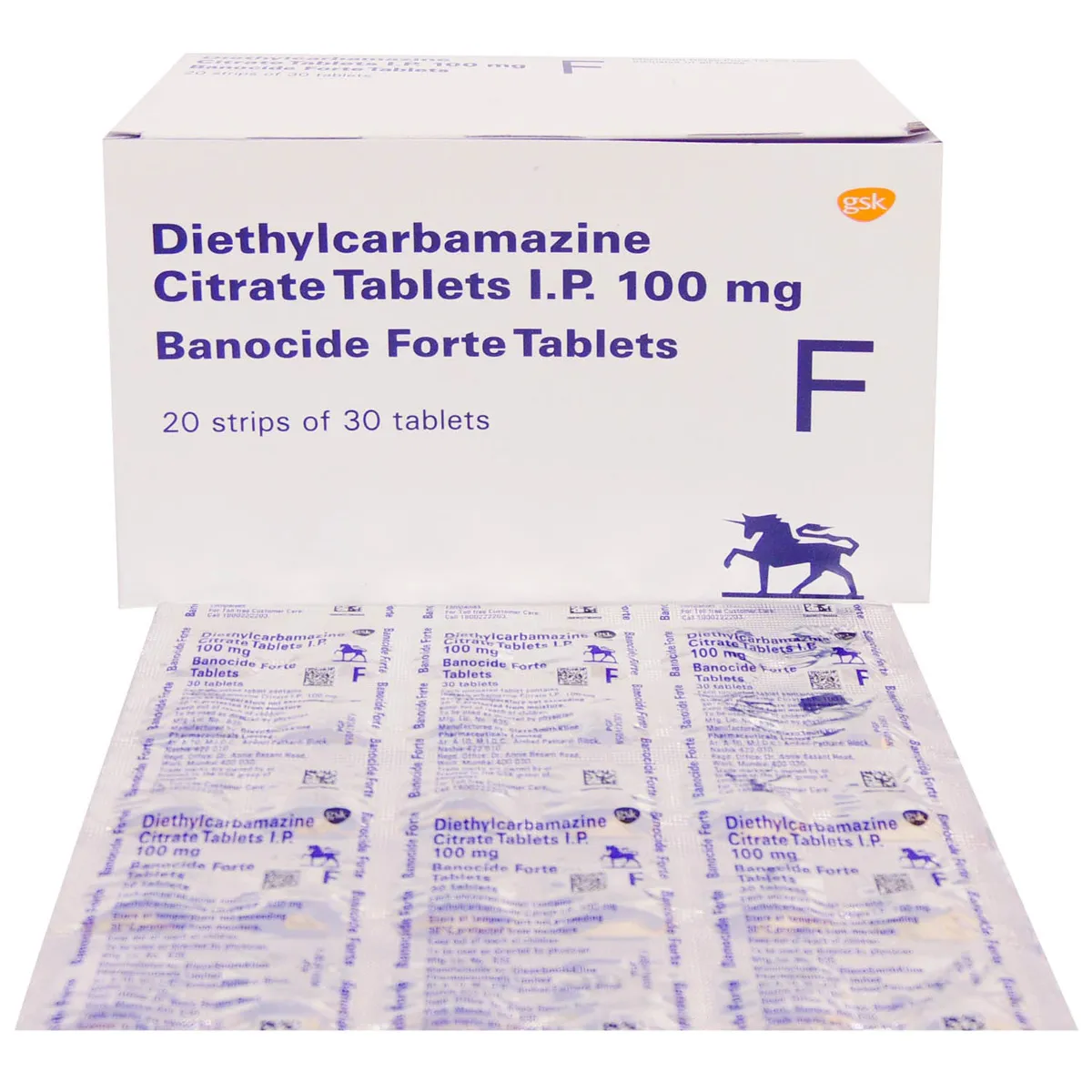Understanding sleep apnea and recognizing its symptoms is crucial for seeking appropriate diagnosis and treatment. While medications like Waklert 150 might help manage certain sleep disorders, it’s essential to first identify if sleep apnea or another sleep-related issue is the underlying concern.
Recognizing potential signs of sleep apnea involves paying attention to symptoms like loud snoring, pauses in breathing during sleep, waking up with a choking or gasping sensation, persistent daytime fatigue, morning headaches, or difficulty concentrating. If you often feel excessively sleepy during the day despite seemingly getting enough sleep at night or if your partner notices your breathing interruptions during sleep, these could indicate sleep apnea. Risk factors such as obesity, older age, being male, having a family history, or certain medical conditions can also increase the likelihood. Consulting a healthcare professional, discussing your symptoms and risk factors, and potentially undergoing a sleep study (polysomnography) can help diagnose sleep apnea accurately. If you suspect sleep apnea based on these signs, seeking medical evaluation is crucial for proper diagnosis and treatment.

Symptoms of Sleep Apnea:
Obstructive Sleep Apnea (OSA):
Loud Snoring: Intense snoring, often accompanied by gasping or choking sounds during sleep.
Pauses in Breathing: Witnessed instances of breathing pauses during sleep reported by a bed partner or family member.
Excessive Daytime Sleepiness: Persistent fatigue, daytime drowsiness, and difficulty staying awake during the day.
Morning Headaches: Waking up with headaches, especially in the morning.
Difficulty Concentrating: Problems with focus, memory, or attention due to poor sleep quality.
Central Sleep Apnea (CSA):
Breathing Pauses: Episodes where breathing stops intermittently during sleep, often without associated snoring.
Frequent Awakening: Waking up frequently during the night, feeling short of breath.
Daytime Fatigue: Similar to OSA, experiencing excessive daytime sleepiness and fatigue.
Self-Assessment for Sleep Apnea:
Epworth Sleepiness Scale: A questionnaire assessing daytime sleepiness. High scores might indicate the need for further evaluation.
Sleep Diary: Tracking sleep patterns, including bedtime, waking times, and quality of sleep, can provide insight into sleep disturbances.
Recognizing Risk Factors:
Obesity: Excess weight, particularly around the neck, increases the risk of airway obstruction during sleep.
Age and Gender: Sleep apnea is more common in older adults and males, though it can affect individuals of any age or gender.
Family History: Having family members with sleep apnea might increase the likelihood of experiencing it yourself.
Medical Conditions: Conditions like high blood pressure, heart disease, or diabetes can be associated with a higher risk of sleep apnea.
Seeking Diagnosis and Treatment:
Consulting a Healthcare Professional: A sleep specialist can evaluate symptoms, discuss medical history, and potentially recommend a sleep study (polysomnography) to diagnose sleep Disorder.
Treatment Options: Treatment might include lifestyle changes (weight loss, positional therapy), using a CPAP machine to keep the airway open, oral appliances, surgery, or, in some cases, medications.
Role of Waklert 150:
Waklert 150 contains Armodafinil, primarily prescribed for conditions like narcolepsy or shift work sleep disorder to enhance wakefulness and reduce daytime sleepiness. While it might manage excessive daytime sleepiness associated with sleep disorders, it doesn’t treat the underlying causes, such as sleep apnea.
Waklert 150 mg is a medication containing Armodafinil, a wakefulness-promoting agent prescribed to treat sleep-related disorders like narcolepsy, obstructive sleep Disorder, and shift work sleep disorder. Armodafinil is known for its ability to enhance alertness, focus, and cognitive function in individuals experiencing excessive daytime sleepiness or fatigue due to various conditions.
It works by affecting certain neurotransmitters in the brain, promoting wakefulness without the jittery effects often associated with stimulants. Waklert 150 mg is typically taken orally in the morning to help individuals stay awake and alert during the day, especially when they experience difficulty staying awake or maintaining normal sleep patterns due to sleep disorders.
As a prescription medication, Waklert 150 mg should be used under the guidance of a Healthcare professional, and its dosage and usage instructions should be followed carefully for optimal effectiveness and safety.
Conclusion:
Recognizing symptoms like snoring, daytime fatigue, or pauses in breathing during sleep is crucial in identifying potential sleep apnea. Seeking evaluation by a healthcare professional, discussing symptoms, risk factors, and undergoing appropriate diagnostic tests can lead to an accurate diagnosis and tailored treatment. While medications like Waklert 150 address daytime sleepiness, managing sleep Disorder often requires a multifaceted approach involving lifestyle changes, devices, or other therapies tailored to individual needs.








